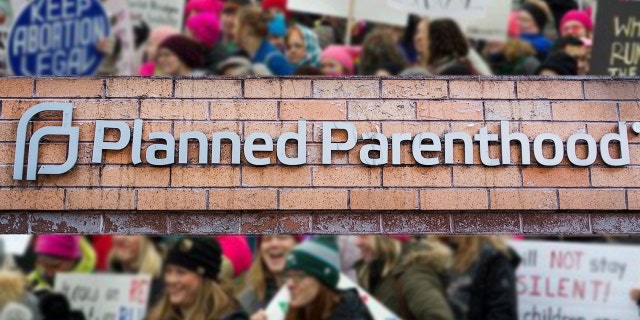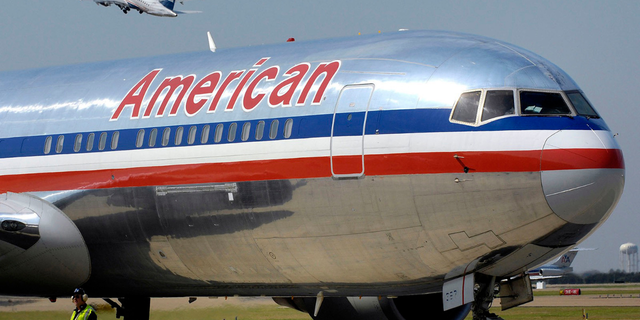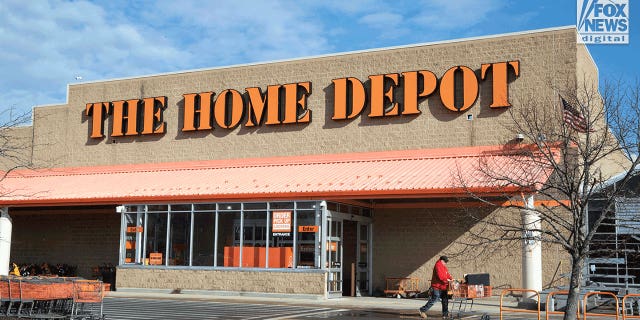by Justin Haskins
Banks, transportation firms, retail giants and food companies make up 51 businesses at war with conservatives
It is not a secret that over the past decade, hundreds of large U.S. corporations have adopted woke policies, regularly injecting left-wing ideals into their products, services and employment practices. But some of these businesses have recently gone much further than merely promoting social justice causes; they have chosen to target conservative customers and employees, coercing or forcing Americans to abandon their deeply held beliefs in order to receive important goods or services or to stay employed.
Although many conservatives have heard stories about corporate discrimination in recent years, they have often struggled to keep track of which businesses have been part of this movement, and which have largely stayed on the sidelines. A new project launched by the 1792 Exchange, a nonprofit organization, seeks to shed light on this important problem.
The 1792 Exchange recently launched its Spotlight Report, which assesses more than 1,000 companies’ "policies, practices, and other relevant criteria to determine the likelihood a company will cancel a contract or client, or boycott, divest, or deny services based on views or beliefs."
HOUSE GOP VOTES NEXT WEEK TO KILL BIDEN’S ‘WOKE’ ESG INVESTING RULE
The 1792 Exchange team then used those assessments to assign businesses to three categories — "Lower Risk," "Medium Risk," and "High Risk."

Bank of America has provided funding to Planned Parenthood and that is one of the reasons it is on the ‘High Risk’ list. (Bill Tompkins/Getty Images)
According to the group's website, "‘High Risk’ companies have generally canceled or denied business relationships based on viewpoint disagreements or pose a high risk of canceling people and businesses who do not share their views." Out of the more than 1,000 companies evaluated, 147 are currently classified as "High Risk," which means they are much more likely than other businesses to engage in direct discrimination.
I have carefully reviewed the assessments produced by the 1792 Exchange and have selected 51 of the most impactful for this article. Those companies are grouped by category and listed below.
1. Banks
Perhaps the most influential groups of woke companies in the report are banks. Numerous large banks are using their financial might to effectively force business customers into adopting climate change policies, even when it will require that those customers dramatically change their business practices.
Many of these banks have also weaponized their operations to promote social and ideological views favored by the left. For example, Bank of America vets its vendors based on their commitment to LGBTQ views, and it has ceased lending with some gun manufacturers. It has also provided funding to Planned Parenthood, as well as the Southern Poverty Law Center, which has a long track record of targeting conservative groups.
Bank of America and its CEO, Brian Moynihan, as well as many of the other banks that have been assigned a "High Risk" score by the 1792 Exchange have been some of the biggest supporters of the radical environmental, social, and governance (ESG) movement. ESG is a kind of social credit scoring model that aims to fundamentally transform the global economy so that it’s more in line with the United Nations’ left-wing Sustainable Development Goals.
The 1792 Exchange identified 21 "High Risk" banks: Ally Financial, Amalgamated Bank, Bank of America, Berkshire Bank, BMO Harris, Citigroup, Deutsche Bank, Eastern Bank, Fifth Third Bank, First Republic Bank, JPMorgan Chase, Morgan Stanley, PNC, Royal Bank of Canada, Scotiabank, TD Bank, Bancorp, Trillium Asset Management, Truist, US Bank, and Wells Fargo.
2. Transportation
The 1792 Exchange determined that five large transportation companies fall into its "High Risk" category — Alaska Airlines, American Airlines, Southwest Airlines, United Airlines and XPO Logistics.
Although the transportation companies listed in the 1792 Exchange report do not regularly refuse to do business based on ideological or religious considerations, they have engaged in left-wing activism and even promoted partisan legislation.

American Airlines is one of five airlines on the ‘High Risk’ list. It fought against the Florida Parental Rights in Education Act. (Max Faulkner/Fort Worth Star-Telegram/Tribune News Service via Getty Images)
For instance, American Airlines publicly fought against the Florida Parental Rights in Education Act — commonly and falsely labeled the "Don’t Say Gay Bill" by liberals. The legislation prevents public schools from teaching young children, kindergarten through third grade, about topics related to sex and gender identity.
Similarly, Southwest Airlines fought against state laws that sought to enhance election integrity by limiting questionable practices like mail-in balloting.
3. Retail Giants
The 1792 Exchange labeled 15 large businesses in the "Retailing" industry as "High Risk" companies, including popular brick-and-mortar stores Best Buy, Home Depot, Kohl’s, Lululemon, Macy’s, Madewell, Target and Walmart. The online retailers included in the report as "High Risk" are Alibaba, Amazon, Chewy, eBay, Etsy, Shopify and Warby Parker.
The reasons behind the decision to identify these companies as "High Risk" varied, but in every case, the 1792 Exchange provided significant evidence showing that these businesses have actively promoted left-wing ideological views.
For example, 1792 Exchange notes Home Depot "advertised flyers to its employees about confronting their ‘white privilege, Christian privilege, heterosexual privilege, able-bodied privilege,’ etc."
Target has removed books from its stores at the request of liberal activists, and it has fought against numerous legislative proposals backed by conservative lawmakers, including election integrity legislation in Georgia.
4. Food and Beverage Companies
Ten large food and beverage companies were given "High Risk" ratings in the 1792 Exchange report: Altria, Ben & Jerry’s, Cargill, Coca-Cola, HelloFresh, Kellogg’s, McDonald’s, PepsiCo, Starbucks and the JM Smucker Company.
Although all of these businesses engaged in troubling activities, the company with the most radical practices is, by far, Ben & Jerry’s. The famous Vermont-based ice cream company has promoted "Defund the Police" campaigns, opposed legislation meant to limit election fraud, said that the criminal justice system "must be dismantled," and openly advocated for pro-abortion policies, among many other actions.

Home Depot is one of the 15 retail giants on the ‘High Risk’ list. The woke company confronted workers about ‘white privilege, Christian privilege, heterosexual privilege, able-bodied privilege.' (David McGlynn for Fox News Digital)
Fighting Back
Unfortunately, the 51 companies mentioned throughout this article are just the tip of the iceberg. Numerous other important corporations are also actively undermining conservatives and/or discriminating against families or businesses who do not share their radical views.
The 1792 Exchange outlined nearly 100 additional "High Risk" companies in its report, including some of the most powerful in the world, like Alphabet (the owners of Google), Disney, and Apple.
How can conservatives push back against these businesses?
The first step is to share instances of discrimination and reports like the one produced by the 1792 Exchange with like-minded friends and family.
Bank of America and its CEO, Brian Moynihan, as well as many of the other banks that have been assigned a "High Risk" score by the 1792 Exchange have been some of the biggest supporters of the radical environmental, social, and governance (ESG) movement.
Conservatives should identify companies that offer similar products and services to those offered by businesses that discriminate and switch, whenever possible. If you can switch products or services, be sure to tell both the business you’re leaving and the new, non-discriminatory business why you’re making the change.
If there aren’t any good alternatives, then send a letter to businesses that are engaging in discrimination to tell them that you’re considering leaving because of their actions. Companies don’t often receive letters like these, so they do have an impact.
Finally, conservative lawmakers need to prioritize policies that reject ESG social credit scores and other systematic attempts meant to coerce companies into embracing leftist causes. The legislation proposed by Florida Governor Ron DeSantis earlier this month that would limit the use of ESG scores in banking is a great place to start.
If
conservatives don’t soon make a concerted effort to fight back against
woke corporations, America could soon be transformed beyond repair. We
simply cannot afford to wait any longer.
Justin Haskins is the director of the Socialism Research Center at The Heartland Institute and a New York Times bestselling author.
Source:https://www.foxnews.com/opinion/these-51-big-businesses-target-conservatives-heres-what-you-can-do-stop-them


No comments:
Post a Comment